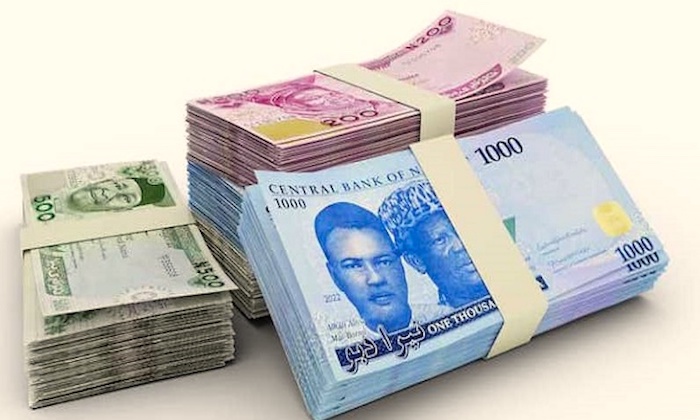The Central Bank of Nigeria (CBN) disclosed that its expenditure on currency issue-related costs in 2022 amounted to N29.65 billion, marking a substantial 94.66% rise compared to the N15.23 billion expended in 2021. The financial statements of the apex bank, recently made public, indicated that the CBN allocated 40.42% more funds than the preceding year’s N53.29 billion for the issuance of currencies.
This increased spending on currency issuance occurred even in the face of a shortage of the Nigerian currency experienced in the latter part of 2022. The term “currency issue expenses” pertains to costs connected with printing, processing, distributing, and disposing of currency notes, as explained by the bank. These expenses are recognized as costs when they are incurred.
In terms of production expenses borne by one of its subsidiaries, the Nigerian Security Printing and Minting Plc, the cost of sale stood at N45.19 billion in 2022. This marked an 18.72% growth compared to the N38.07 billion recorded in 2021. These expenses encompass factors such as raw materials, employee benefits for production staff, electricity and fuel charges, depreciation, and repair and maintenance costs.
In 2022, the total currency in circulation amounted to N3.01 trillion, representing a 9.47% decrease from the N3.32 trillion in circulation during 2021. According to the bank’s “2020 Currency Report,” the expenditure on printing banknotes in 2020 was N58.62 billion, indicating a 28.83% decrease from the N75.52 billion spent in 2019.
Formerly suspended CBN Governor Godwin Emefiele announced in October 2022 that the bank intended to introduce redesigned naira notes by December 15, 2022, and specific denominations of existing notes would lose their status as legal tender by January 31, 2023. However, this decision resulted in a prolonged cash shortage crisis that detrimentally impacted the economy for several months.
